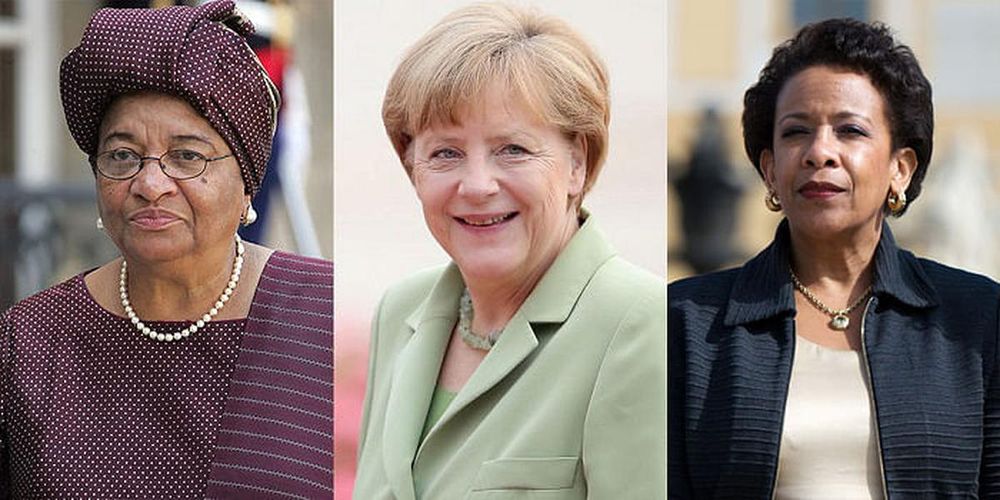
When it comes to female leadership and empowerment, modern-day icons like Malala, Hillary and even Beyoncé are quick to come to mind. (Not to mention Emma Watson, Michelle Obama and "Lean In" coach Sheryl Sandberg.) Fortunately, there are a lot more female leaders out there than common knowledge may suggest; from trailblazing politicians to dedicated activists. Above are merely 20 of them.
From: Harper's BAZAAR US
Related articles:
35 Empowering Feminist Quotes From Inspiring Women
7 Socially Conscious Fashion Labels That Support Women Causes
Gwyneth Paltrow, Kerry Washington, Yara Shahidi & More Team Up For Tory Burch’s Women’s Day Campaign
Cristina Fernandez de Kirchner
Saara Kuugongelwa-Amadhila
Beata Szydło
Ameenah Gurib-Fakim
Dalia Grybauskaitė
Erna Solberg
Sheikh Hasina Wajed
Theresa May
Michelle Bachelet
Ellen Johnson Sirleaf
Angela Merkel
Sonia Gandhi
Arundhati Bhattacharya
Park Geun-hye
Loretta Lynch
Helle Thorning-Schmidt
Janet Yellen
Judy Smith
Tsai Ing-Wen
Christine Lagarde